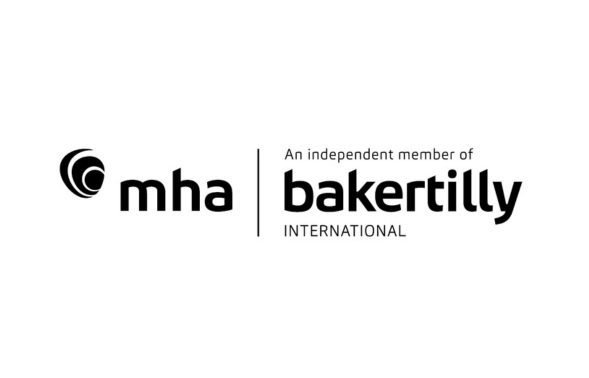Budget Comment: Jonathan Riley, Head of Tax, Grant Thornton UK LLP: A Humorous Hammond goes for laughs, not substance
At today's Budget the biggest surprise was the extent of the Chancellor's one-liners and comic timing.
At a time when the economy is still sailing forward in growth terms at least Hammond resisted the temptation to cut and run. To the extent that there were giveaways, these were modest, except for the additional spending on social care and education – the latter focused on free schools and technical learning so vital to the boost needed to productivity.
There were small concessions towards business rates; an area where the Chancellor had come under pressure in recent weeks. He managed to weather that particular storm whilst making funds available to help those worst affected. And there was a nod towards those worried about Making Tax digital, by delaying its introduction to businesses with a turnover lower than the
VAT threshold for a year, to April 2019. Thankfully, its adoption will still be mandated and its introduction is still happening.
He is rightly concerned about the growing tax gap between those in employment and those self-employed, or using service companies. He sought to close that gap by increasing the Class 4 National Insurance Contribution (NIC) rate by 1% in 2018 and a further 1% the year after. There will still be a gap between different types of worker – employees will still pay 12%. But this isn't the big shock some see it as – the NIC rate will still be only 2% for earnings of self-employed over £43,000 a year.
On service companies, he is backtracking on a measure introduced last year by reducing the tax free dividend allowance from £5,000 to £2,000. This is meant to bring more owner workers of companies into the higher dividend tax rate applied from last year, whilst protecting those with modest passive shareholdings from tax altogether.
On tax overall, there was talk of some simplification for Research and Development, some anti-avoidance measures (which Budget would be complete without them?!) but generally an opportunity for wholesale tax reform was missed.
And in overall summary that is because this Chancellor doesn't need to be that radical now.
Although this was the last spring taxing Budget, the spending measures such as the additional social care funds far exceed the revenue raising measures in the first year – in 2017/18 net spending will be £1.7 billion.
Beyond that, we have Brexit looming on the horizon and an unpredictable President in the US, the major trading relationship the UK has after the EU, promising wholesale tax reform. So why do anything substantive now? Better to enjoy the slightly improved public finances, store some cash away for a rainy day (or the eventual general election) and keep them laughing in the aisles for now.



















